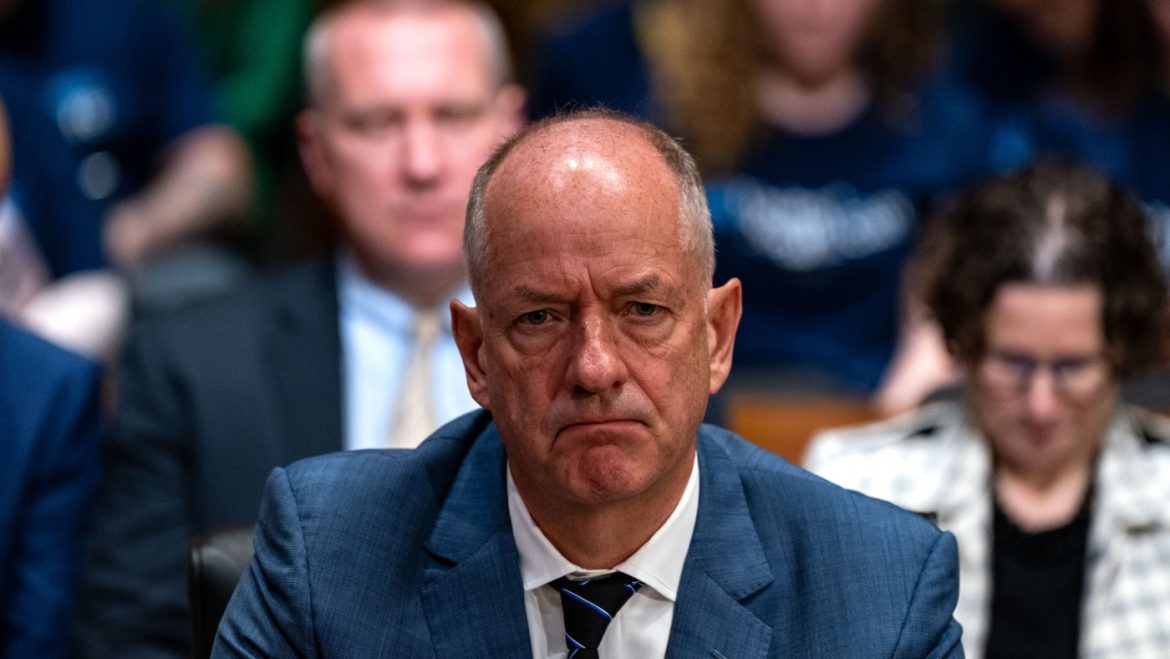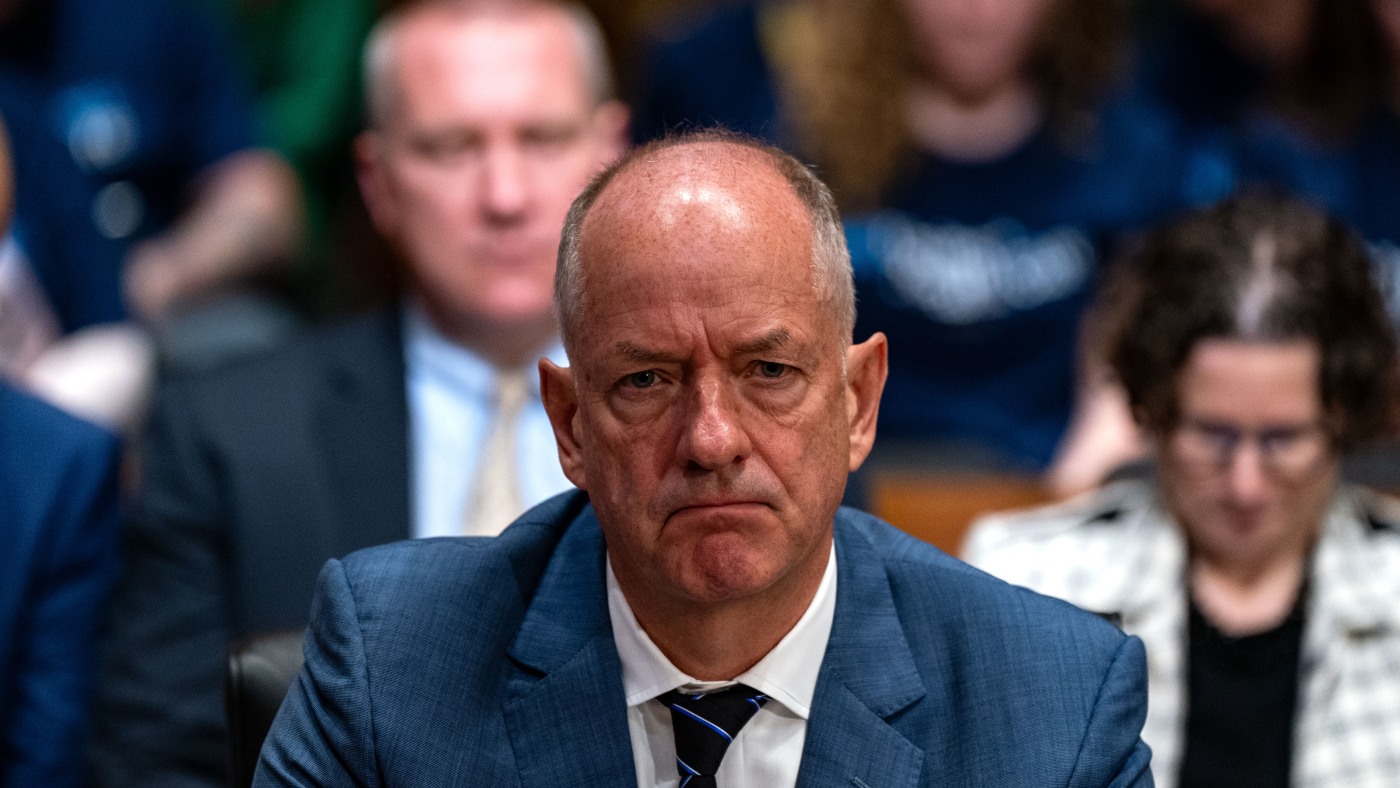UnitedHealth Group’s Turbulent Year and Leadership Transition
A Sudden Departure
The abrupt resignation of Andrew Witty, CEO of UnitedHealth Group, has sent shockwaves through the healthcare industry. Witty, who had been at the helm since February 2021, stepped down on Tuesday, citing personal reasons. This sudden departure comes at a time when the company is grappling with significant financial challenges and a tumultuous year marked by high medical costs and consumer frustration.
Financial Turmoil
UnitedHealth Group’s decision to suspend its 2025 forecast due to surging medical costs has raised alarms among investors. The company’s shares plummeted by more than 11% in morning trading, reflecting the market’s concern over the company’s financial health. The suspension of the forecast indicates that UnitedHealth is facing unprecedented challenges in managing its costs and maintaining profitability. The company’s revenue, which topped $400 billion in 2024, represents a 55% increase from the $257 billion it earned the year before Witty became CEO. Despite this growth, the company’s profitability has been under threat due to rising medical expenses.
Operational Challenges
The year 2025 has been particularly challenging for UnitedHealth Group. The company has faced a series of setbacks, including the tragic killing of Brian Thompson, the CEO of its insurance division, UnitedHealthcare. This event has added to the company’s operational difficulties and has led to heightened scrutiny from consumers and regulators. The company’s handling of a crippling cyberattack on Change Healthcare has also come under intense criticism, with lawmakers questioning the effectiveness of its security measures. Witty, who faced withering criticism from lawmakers over the company’s handling of the cyberattack, has been at the center of these controversies.
Leadership Transition
In the wake of Witty’s resignation, UnitedHealth Group has appointed Stephen Hemsley as the new CEO. Hemsley, who served as the company’s CEO from 2006 to 2017, will take over the reins at a critical juncture. Witty will act as a senior advisor to Hemsley, providing continuity and stability during this transition period. The company has also named Dirk McMahon, CEO of UnitedHealthcare, as the new president and chief operating officer, further solidifying its leadership team.
Consumer Anger and Public Perception
UnitedHealth Group has been facing mounting consumer anger over high costs and perceived mismanagement. The company’s practices, such as preventing “unnecessary” care, have drawn criticism from healthcare advocates and the public. Witty, in an op-ed published in The New York Times, acknowledged the shortcomings of the healthcare system and expressed a commitment to addressing consumers’ frustrations. However, the public’s trust in the company has been eroded by these controversies, and the leadership transition may not be enough to restore confidence.
Looking Ahead
UnitedHealth Group’s future under Hemsley’s leadership remains uncertain. The company has suspended its full-year profit outlook and aims to return to growth in 2026. However, the challenges it faces are significant, and the road to recovery will be fraught with obstacles. The company’s ability to manage medical costs, address consumer concerns, and navigate regulatory scrutiny will be crucial in determining its success.
Conclusion: A Crossroads for UnitedHealth Group
UnitedHealth Group stands at a crossroads. The abrupt resignation of Andrew Witty and the appointment of Stephen Hemsley as the new CEO mark a significant turning point for the company. The challenges it faces, including surging medical costs, consumer anger, and regulatory scrutiny, are daunting. However, the company’s leadership transition and strategic changes may provide a path forward. The coming months will be critical in determining whether UnitedHealth Group can overcome its current difficulties and return to growth. The company’s ability to address these challenges will not only shape its future but also have a significant impact on the broader healthcare industry.


